Why become a chromatography field service engineer?
Ahmed Saad works for Kamstec International who work with Waters. In this article, Ahmed discusses his work and shares his experience working as a Chromatography Field Service Engineer.
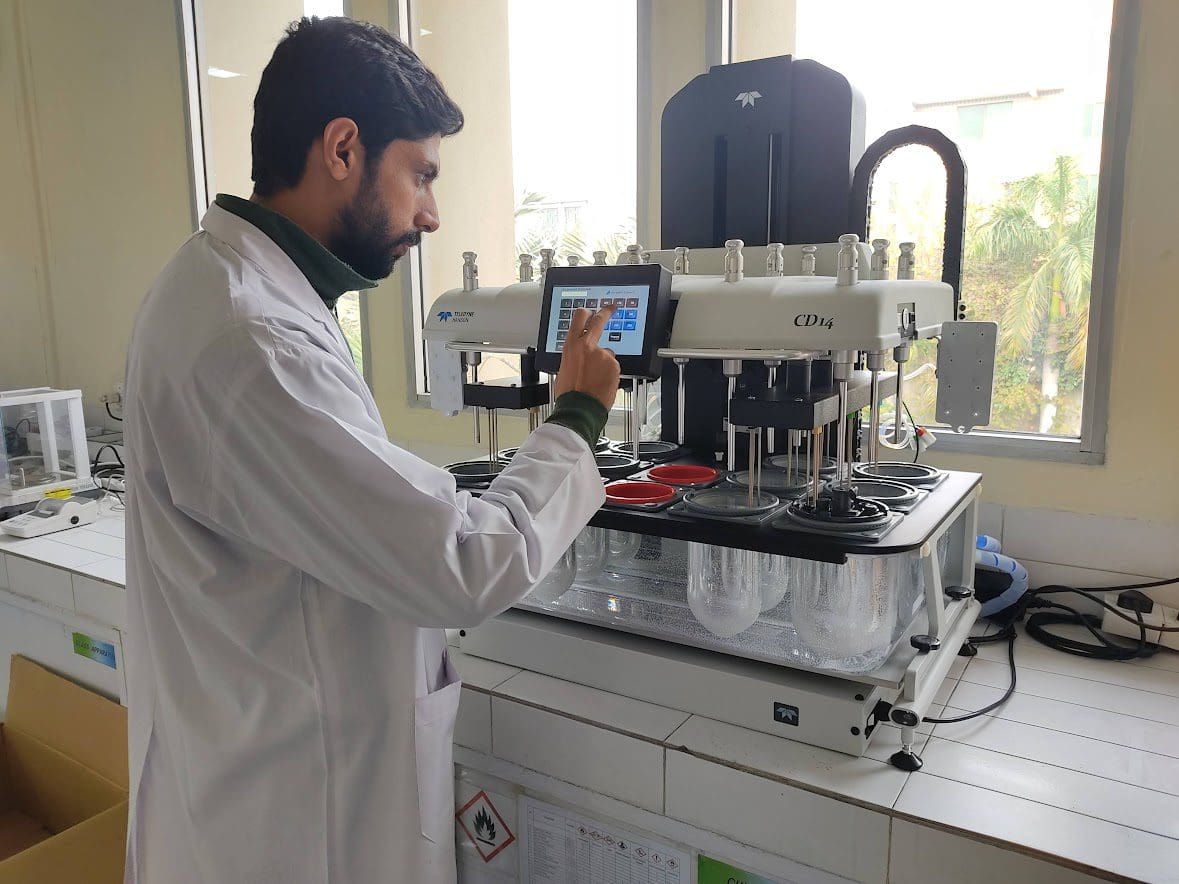

Field service engineer Chromatography
Background
Were you interested in science, engineering, and technical things as a child?
I was interested in technical things from my childhood. I had great curiosity to check how things work and to take them apart. Then creating my own mini project from these parts was my hobby.
Was there a particular person who suggested engineering to you?
From the start I was interested in joining a technical field, but my father suggested engineering would be best for me.
What led you to be most interested in electronic engineering? There were three reasons.
Firstly, advancement of technology as electronics is rapidly evolving with continuous innovation and has diverse applications.
Secondly, problem solving challenges which can intellectually stimulate by tackling intricate issues.
Thirdly, this field is creative through designing and developing the devices and systems.
Who has/have been inspirations/mentors to you?
I had the honour of working under my former company’s manager, Hafiz Allah Mehr, who provided as a genuine source of inspiration for me. His influence is what has fuelled and maintained my passion for this field.
Chromatography
What attracted you to this specialisation?
In the field of chromatography, there is no specific specialisation as an engineer. This is because it falls under analytical instrument technique, which encompasses various types of laboratory equipment.
However, early in my career, my company’s service department had two primary divisions: one for spectroscopy and the other for chromatography instruments. I had the opportunity to work in both divisions, along with some exposure to other techniques. Nonetheless, I received comprehensive training in chromatography from the beginning, which sparked my growing interest in working with and handling these types of equipment.
How do you explain what chromatography is to family and friends who are not technical?
Imagine you have a complex mixture of different substances, and you want to know what exactly is in it.
Chromatography comes to the rescue!
It helps separate the individual components of the mixture so that we can identify and analyse them. In industries, chromatography is widely used to ensure the quality and safety of products.
Chromatography in the food industry
For example, in the food industry, it’s used to analyse the ingredients and check for any harmful substances.
Chromatography in the pharmaceutical industry
Similarly, in the pharmaceutical industry, chromatography helps identify and measure the purity of medicines, making sure they are safe for consumption.
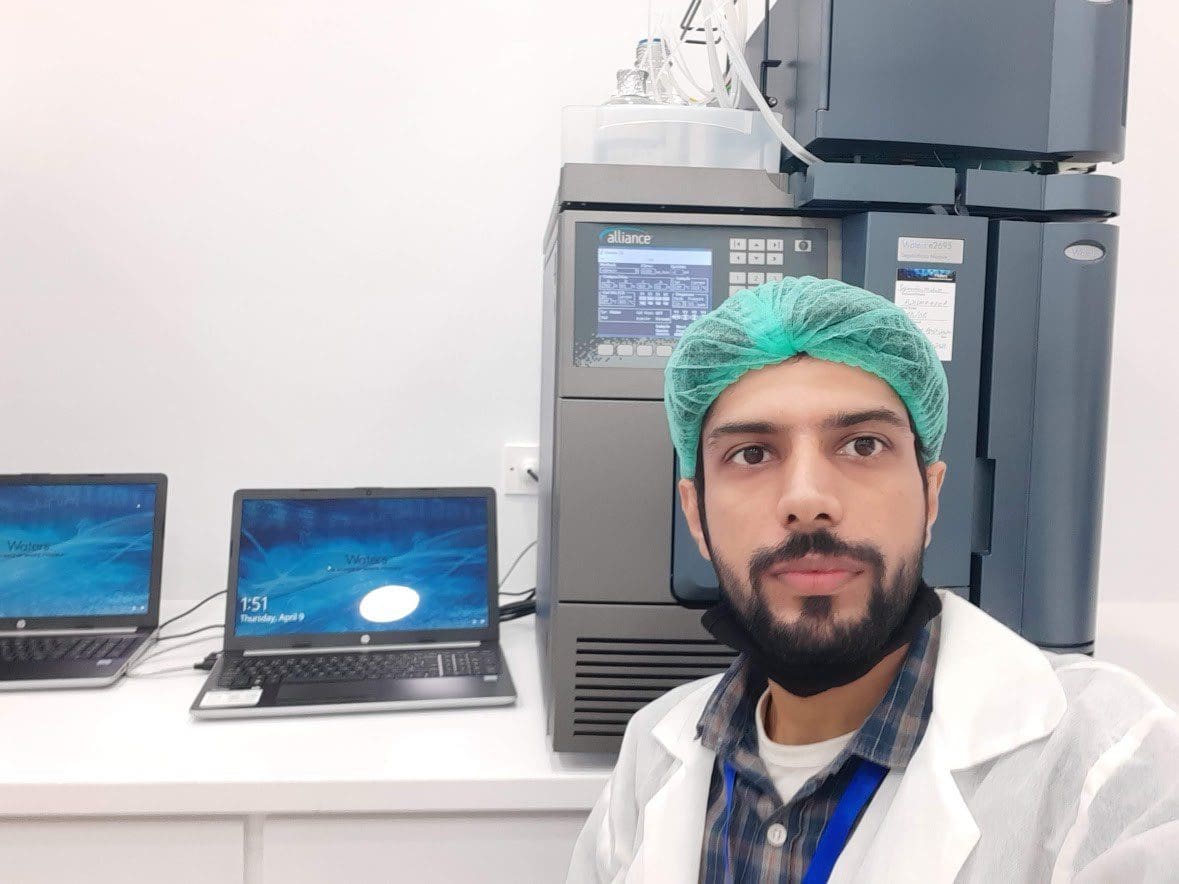

Equipment used as a Chromatography Field Service Engineer
You have a lot of experience on different equipment. Can you summarise the types of equipment you have serviced?
Over the past decade, I have gained extensive experience working with prominent brands like:
Waters Co.,
Perkin Elmer,
Shimadzu,
Bruker Optics,
and Teledyne Hanson.
The equipment I have serviced covers a diverse range of scientific instruments and fields. These include:
spectroscopy (AAS, UV/Vis),
chromatography (HPLC, uPLC, GC, customized GC for specific Oil & Gas applications),
mass spectrometry (GC/MS, LC/MS),
molecular spectroscopy (NIR, FT-IR, Raman),
material testing (Dissolution, Hardness & Disintegrator tests),
oil testing,
thermal instruments (TGA, DSC, CHNS/O),
and general lab equipment (pH meters, conductivity meters, balances, bench-top NMR).
Most interesting and challenging pieces of equipment
What has been the most interesting piece of equipment you have worked on?
Among my array of testing equipment, I recently had the opportunity to repair a NIR system that had been out of service for over two years. It proved to be quite challenging, as every problem I solved seemed to reveal two more to address. However, this experience turned out to be a great learning journey for me, providing valuable insights and enhancing my expertise in handling intricate instrument repairs.
What has been the most challenging piece in terms of ease of repair?
The most challenging piece in terms of ease of repair can vary depending on the instrument’s complexity. However highly specialized and sophisticated instruments tend to be more challenging to repair due to the following reasons:
Specialized knowledge,
Availability of spare parts,
Manufacturer’s support.
Overall, it demands a unique skill set, in-depth knowledge, and attention to detail.
Typical week as a Chromatography Field Service Engineer
What’s your typical week like?
My weekly schedule doesn’t follow a fixed pattern. At times, I’m on out of city visits. While during other weeks, I mainly focus on local site visits, responding to service requests, offering remote support to customers, and handling paperwork in the office.
How much of your time is spent ‘in the field’ – working on site?
I spent around 70% of my time in field at customer sites.
How much of your day is spent on admin and other tasks?
My routine varies based on my time available. When I’m not visiting a site or if I manage to complete a service call ahead of time, I use that opportunity to address any pending documents and respond to emails.
How much travel do you do?
My responsibilities cover a broad geographical area, requiring me to provide support to customers in various cities. This requires spending about a week or two per month working outside my home base. On an average day in a city, I typically cover a distance of around 70 to 100 kilometres as I move between different locations to attend the service calls.
Customer site visits as a field service engineer
What are the first things you do when you arrive at a customer’s site?
My initial step involves engaging in conversations and discussions with the customer. This approach allows me to gather a comprehensive understanding of the problem and the issues related to the instrument. By actively communicating with the customer, I aim to paint a clear and detailed picture of the situation at hand.
How do you establish a good relationship with a customer?
I believe that having a good relationship with customers means solving their problems quickly, which shows that you really care. It’s important to listen to them and understand what they need. Being honest, even when things are difficult, helps build trust. And after everything is fixed, checking if they are happy and need more help is a great way to keep the relationship strong.
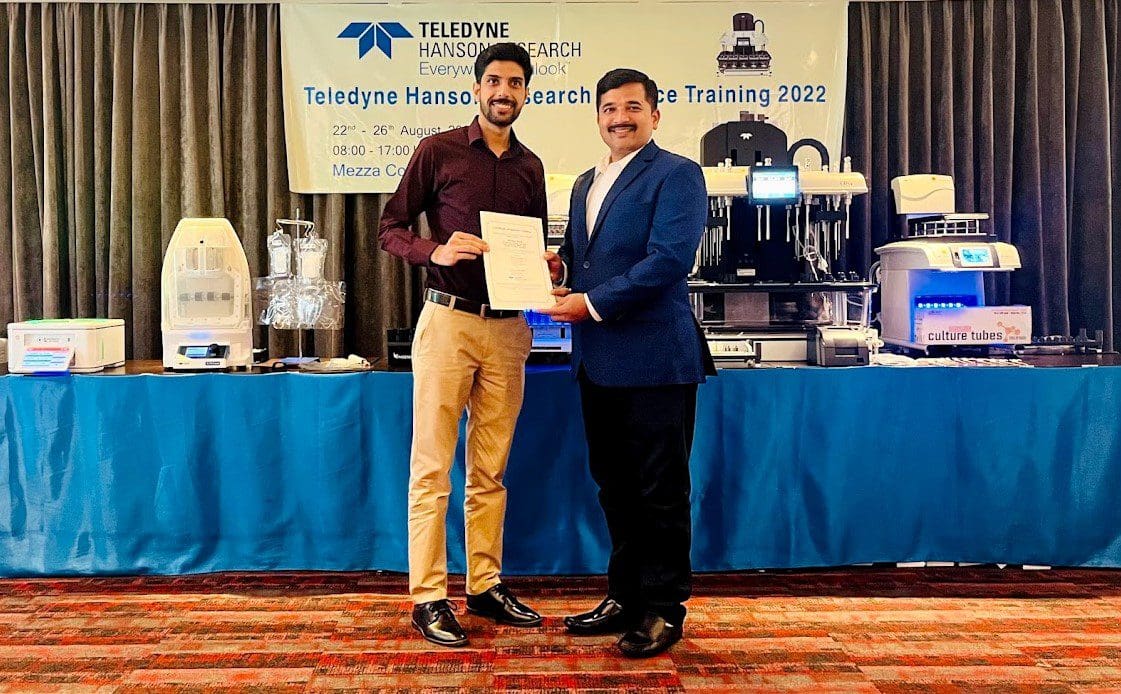

Most challenging part of the job
What do you find most challenging about the work (technical, customers, logistics)?
The challenges in the work can vary, but typically, dealing with customers and technical aspects tend to be more challenging than logistics. Understanding and addressing customer needs while solving technical issues can require a lot of patience, communication, and expertise. Logistical challenges, like organising travel or managing equipment, can be challenging as well, but they often have established procedures to follow. The customer and technical aspects require adaptability and problem-solving skills, making them the more complex aspects of the job.
Have you ever arrived on site and found that it’s been much easier than you expected? For example, that you just needed to make a small adjustment or switch something on?
There are times when I prepare everything before visiting a customer to address a problem. However, when I arrive, I realise it’s a simple issue that can be fixed with a few adjustments, clicks, or configurations. To prevent this, I’ve established a routine. Before heading to the site, I contact the customer to gather details and attempt to provide remote support or assistance over the phone. Additionally, I train the customer in basic front-line maintenance so they can save time while waiting for an engineer to arrive. This approach helps streamline the process and avoid unnecessary visits.
Training as a Chromatography Field Service Engineer
How often do you attend training courses?
On average, it’s like one factory/foreign training course per year. Times have changed and so mostly training is being done online. So, I attend these when they are arranged by our principals. Apart from this I actively engage in online courses and certifications related to my field. I do this as I am aiming to enhance and broaden my skill set.
Do you learn more when these courses have a mix of nationalities attending?
Yes, having a mix of nationalities attending a training course can enhance the learning experience. Interacting with people from different backgrounds brings diverse perspectives and insights into discussions and problem-solving. This exposure to various viewpoints can lead to a broader understanding of the subject matter, encourage critical thinking, and promote cross cultural communication skills. Additionally, learning from peers with different experiences can help individuals develop a more well-rounded and adaptable approach to their learning.
How do you personally pass on your knowledge to other engineers?
In our field the theoretical understanding holds significance but translating that knowledge into practical skills is where hands-on experience truly stands out. I guide my junior colleagues by letting them take charge and providing my assistance along the way. To make things clearer and more approachable, I often use sketches to visually explain processes. In doing this I help them grasp concepts in a smoother and more relatable manner.
Making a winner
What sort of person makes an excellent Field Service Engineer?
An exceptional Field Service Engineer possesses a combination of technical expertise, strong communication skills, adaptability, and a problem-solving mindset. They excel in troubleshooting and resolving complex issues, often under time constraints. Being a good listener helps them understand customer concerns and provide effective solutions. Adaptability is crucial as they work with various equipment and tackle diverse challenges. Additionally, a strong aptitude for learning and staying updated with new technologies ensures they can handle evolving situations.
How important is it to stay up to date with other products not just the ones you work on?
Staying updated with a broad range of products, beyond those directly related to your work, holds significant importance. This broader knowledge enhances your problem-solving skills and adaptability. Understanding how different products interact and learning from their innovations can lead to creative solutions in your own field. Moreover, it makes you a valuable resource for colleagues and clients, enabling you to provide comprehensive support.
How important is ongoing training as a field service engineer?
Ongoing training is incredibly important in maintaining and advancing your skills and knowledge. In rapidly evolving fields, staying up to date is crucial to remain relevant. Regular training helps you adapt to new technologies, methodologies, and best practices. It ensures you’re equipped to tackle new challenges and efficiently solve problems.
How key is it to have a mentor for each individual engineer?
Having a mentor for each individual engineer can be highly beneficial. Mentors provide guidance, share their experience, and offer valuable insights that can accelerate an engineer’s professional growth. They can offer advice on career decisions, technical challenges, and personal development. Having a mentor can help engineers avoid common difficulties, gain confidence, and set realistic goals.
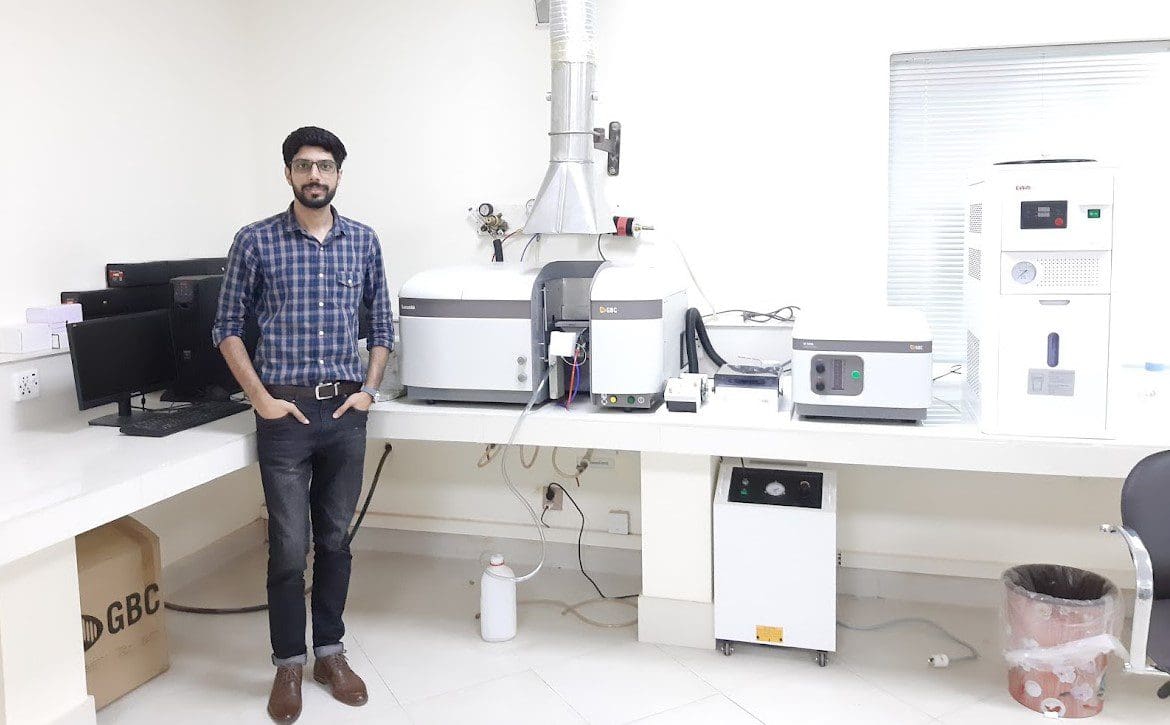

New Chromatography Field Service Engineer
What advice would you give to someone who has just started their first job during their:
initial month?
first three months?
initial year?
During their first month as a chromatography field service engineer
Familiarize yourself with Instruments.
Focus on understanding the types of instruments used in your field, their components, and basic operation.
Learn Tools and Software
Get familiar with the tools, software, and equipment commonly used for maintenance and calibration.
During their first three months as a chromatography field service engineer
Hands-On Experience
Begin routine maintenance tasks and basic repairs to gain practical experience.
Expand Knowledge
Start exploring more advanced aspects of instrument engineering, such as calibration techniques and troubleshooting methods.
During their first year as a chromatography field service engineer
Independent Work:
Gradually take on more independent tasks, troubleshooting issues, and performing routine maintenance with confidence.
Continuous Learning
Stay updated with the latest developments in instrument technology by attending training sessions and workshops.
Documentation Skills
Practice documentation of your work, including maintenance records, calibration logs, and problem-solving steps.
Apart from a strong technical background, what are the three most important skills to have?
Communication Skills
The ability to explain technical concepts clearly to both technical and non-technical audiences is crucial. Effective communication ensures you can understand customer issues, convey solutions, and collaborate with team members.
Documentation and Reporting
Accurate and thorough documentation is essential. Being able to write clear and concise reports, maintain accurate records, and effectively communicate technical details ensures that information is well-documented and can be easily understood by others.
Curiosity and Continuous Learning
A curious mindset drives you to explore new technologies and techniques, enhancing your skill set. Continuously learning and adapting to new trends keep you ahead in your field.
About the author
Ahmed Saad has a degree in electronic engineering and more than nine years of experience in the analytical instrument field. He works as a Chromatography Field Service Engineer for Kamstec International who work with Waters. Ahmed is based in Lahore in Pakistan.
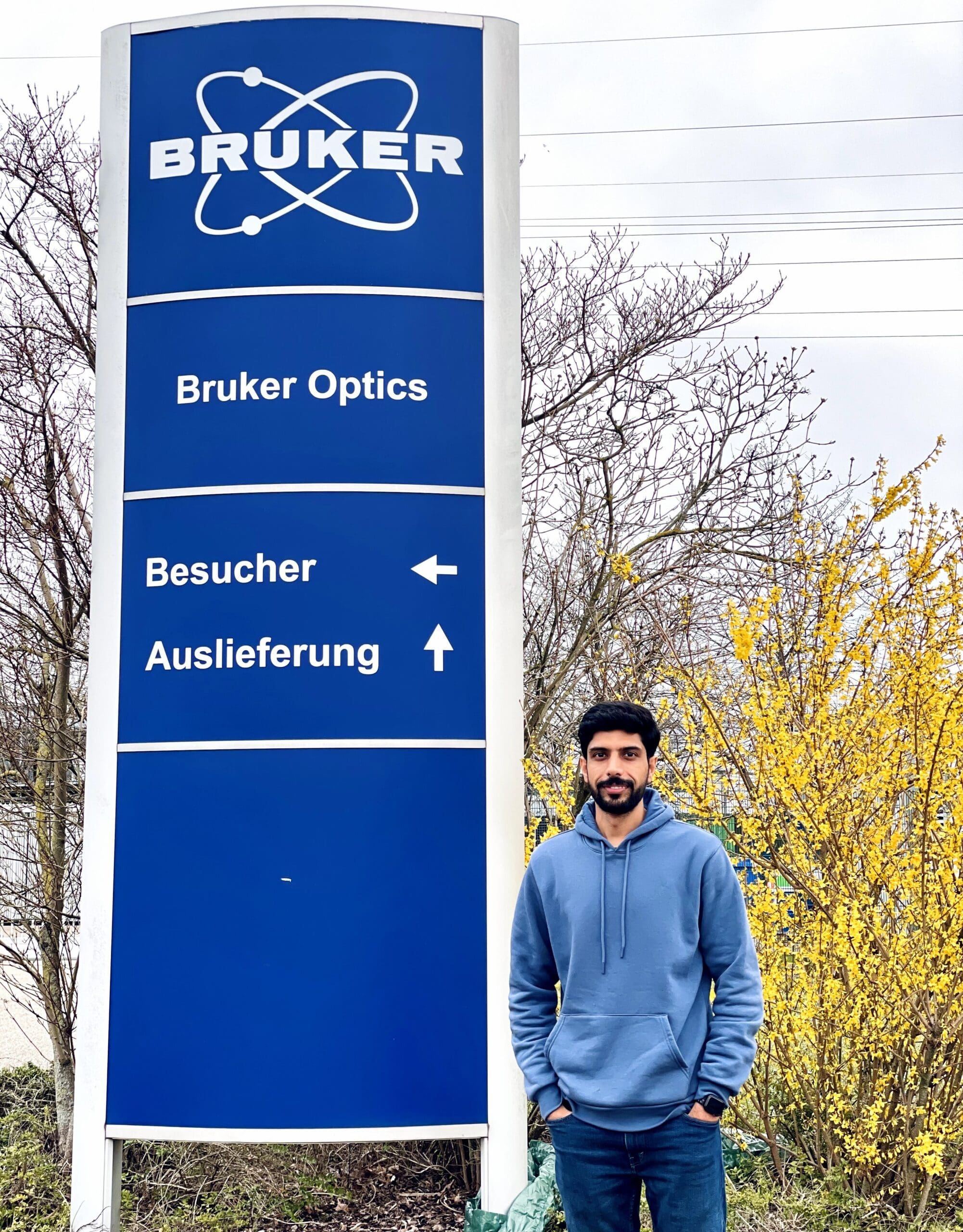



Responses